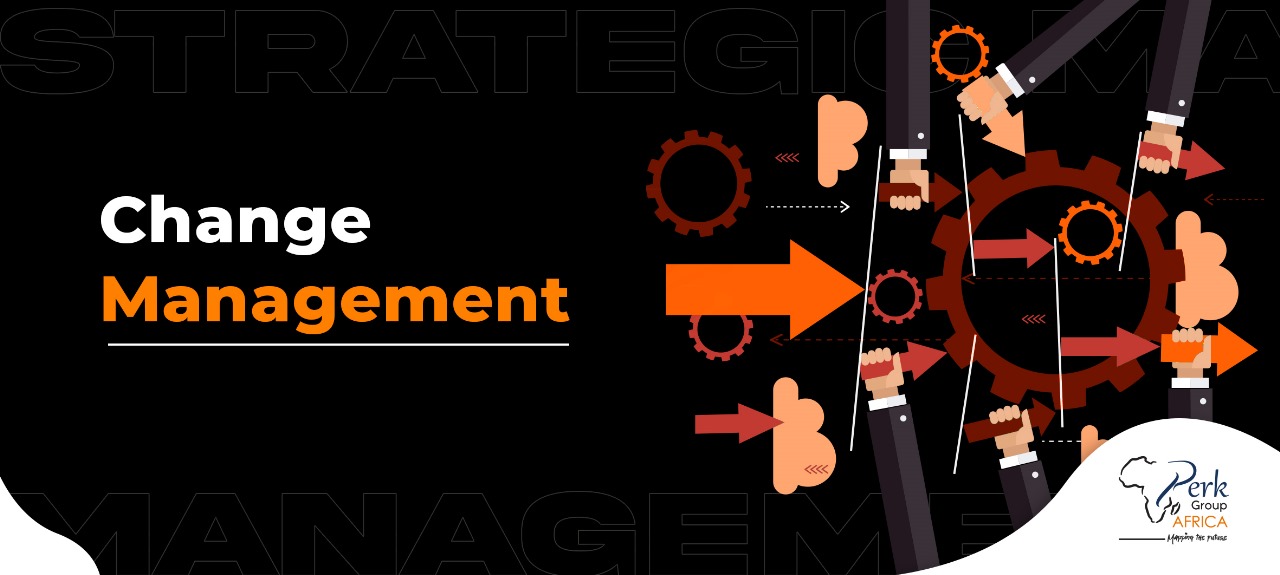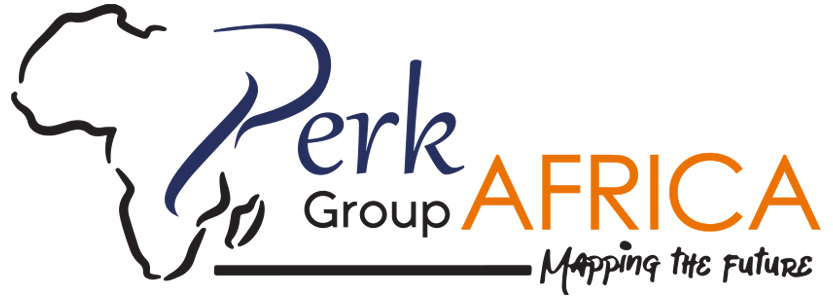
Training Course on Change Management
Course Overview
Change is the only constant that we can rely on in the business world. It is critical that organizations understand change, promote change, cope with change, and value change. Change is often needed so to address problems or opportunities in any organization caused by internal or external factors. Numerous approaches and tools can be used to manage change, all of them ultimately prescribe adjustments to the processes, systems, job roles, and the organization structure.
Through a combination of theoretical concepts, case studies, and interactive exercises, participants will gain a comprehensive understanding of the Change Management process. They will learn how to analyze and assess change impacts, develop change strategies, and engage stakeholders to successfully implement and sustain change.
Course Objectives
Through the trainer’s expertise and practical knowledge, you will be able to define the key concepts associated with change management in order to:
- Understand Change.
- Describe how to implement a Change Program.
- Identify and overcome Obstacles to Change.
- Apply the knowledge gained, and contributing in effective change in the organization.
- Demonstrate the impact of change in the organization.
- Implement the requirement for a sound change process within the organization.
Course Duration:
Online Training: 5 days (4hrs per day)
Classroom Training: 5 days (7hrs per day)
Course Outline
Module One
By the end of the session the participants should be able to:
- Explain what is change management.
- Describe organizational change.
- Discuss types of organisational change.
- Explain areas of concern when managing change.
- Explain the steps in change management process.
- Implement change upon past experiences (Gibbs reflective cycle).
- Execute and apply the principles of change.
Module Two
By the end of the session the participants should be able to:
- Explain the types of changes that happen in the work place.
- Differentiate between the positive and negative impact of change.
- Demonstrate how to motivate change in the workplace.
- Explain how to effectively communicate change to the team.
- Demonstrate how to help the team cope with the changes in the organization.
- Interpret different reactions to change.
- Explain the stages the team goes through during change (DREC cycle of change).
Module Three
By the end of the session the participants should be able to:
- Recognize what is resistance to change.
- Explain common reasons for resistance to change.
- Discuss different levels of resistance to change.
- Apply knowledge of (Kubler Ross change curve) to understand emotional response.
- Analyse how they can deal with fear of failure using (ADKAR model).
- Implement the tips to overcome resistance to change.
- Determine the different reactions to change.
Module Four
By the end of the session the participants should be able to:
- Explain how leaders should establish change vision.
- Recognise the characteristics of change vision.
- Develop a strategy for coming up with a change vision.
- Preparing the team for the change vision.
- Explain what to do before leaders communicate the change vision.
- Demonstrate how effective change leaders communicate the change vision.
- Develop steps to better communicate a change vision successfully.
Module Five
By the end of the session the participants should be able to:
- Explain on how to build momentum during change and manage resistance.
- Discuss how to drive resistance.
- Describe different types of resistance to change.
- Explain signs of resistance to change.
- Apply model for overcoming resistance to change (Force field Analysis).
- Apply framework for managing change (Kurt Lewin).
Note: This outline provides a general structure for a 5-day training program on Change Management. The specific content, activities, and duration of each session may be adjusted based on the target audience, learning objectives, and available time.
Classroom Training Schedule
| Start Date | End Date | Location | Cost | Apply |
|---|---|---|---|---|
| Feb 09, 2026 | Feb 13, 2026 | Nairobi | $ 1200 | Register |
| Mar 16, 2026 | Mar 20, 2026 | Nairobi | $ 1200 | Register |
| Apr 20, 2026 | Apr 24, 2026 | Nairobi | $ 1200 | Register |
| May 25, 2026 | May 29, 2026 | Nairobi | $ 1200 | Register |
| Jun 29, 2026 | Jul 03, 2026 | Nairobi | $ 1200 | Register |
| Aug 03, 2026 | Aug 07, 2026 | Nairobi | $ 1200 | Register |
| Sep 07, 2026 | Sep 11, 2026 | Nairobi | $ 1200 | Register |
| Oct 12, 2026 | Oct 16, 2026 | Nairobi | $ 1200 | Register |
| Nov 16, 2026 | Nov 20, 2026 | Nairobi | $ 1200 | Register |
Virtual Training Schedule
| Start Date | End Date | Location | Cost | Apply | |||
|---|---|---|---|---|---|---|---|
| Jan 26, 2026 | Jan 30, 2026 | Online | $ 600 | Register | |||
| Mar 02, 2026 | Mar 06, 2026 | Online | $ 600 | Register | |||
| Apr 06, 2026 | Apr 10, 2026 | Online | $ 600 | Register | |||
| May 11, 2026 | May 15, 2026 | Online | $ 600 | Register | |||
| Jun 15, 2026 | Jun 19, 2026 | Online | $ 600 | Register | |||
| Jul 20, 2026 | Jul 24, 2026 | Online | $ 600 | Register | |||
| Aug 24, 2026 | Aug 28, 2026 | Online | $ 600 | Register | |||
| Sep 28, 2026 | Oct 02, 2026 | Online | $ 600 | Register | |||
| Nov 02, 2026 | Nov 06, 2026 | Online | $ 600 | Register | |||
| Dec 07, 2026 | Dec 11, 2026 | Online | $ 600 | Register |
Course Language
This Training course is offered in ENGLISH . Please indicate the language of choice during registration.
Course Delivery
Presentations are well guided, practical exercise, a plenary presentation, and group work. Participants are encouraged to bring any data relevant to their job responsibilities. This is hands-on, product-oriented training and will mostly involve practical exercises. Each participant MUST bring along their own working laptop and android phone.
Certification
Upon completion of training, the participant will be issued with a certificate of Completion.
Tailor-Made Course
3 months post-training support, consultation, and coaching is a guarantee from us and will be available after the course.We can also do this as a tailor-made course to meet organization-wide needs. Contact us to find out more: training@perk-gafrica.com.
